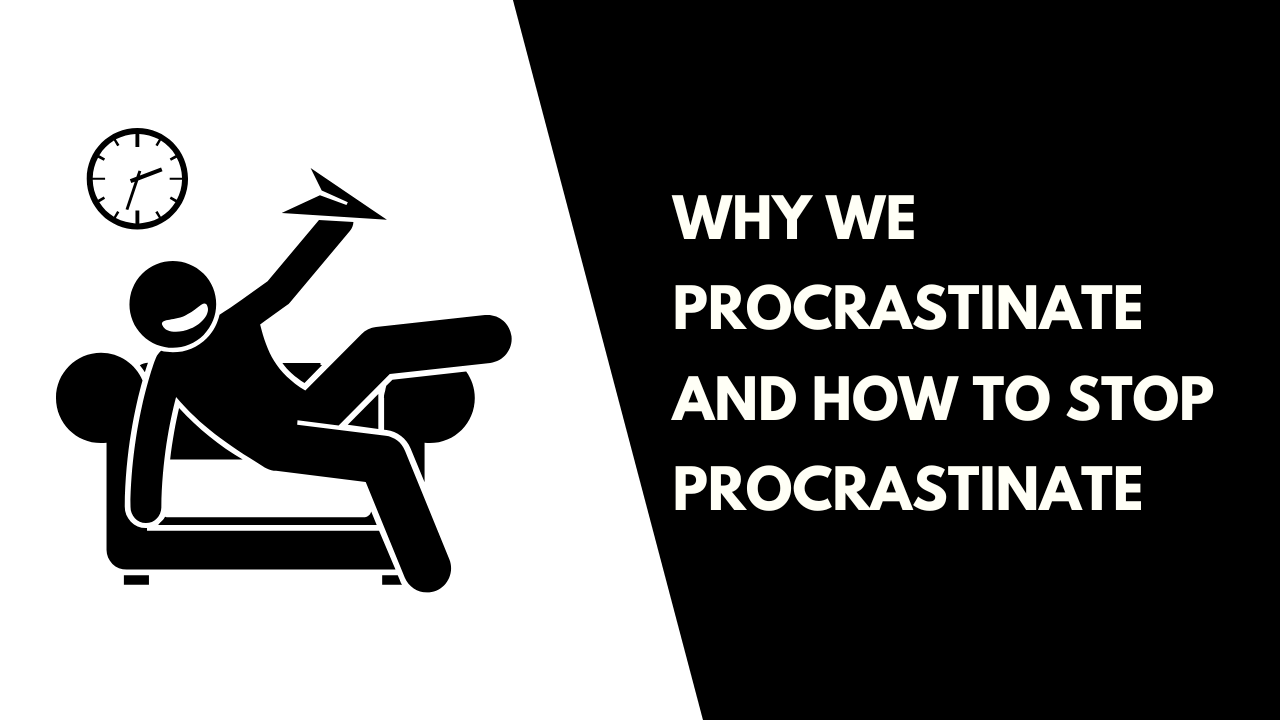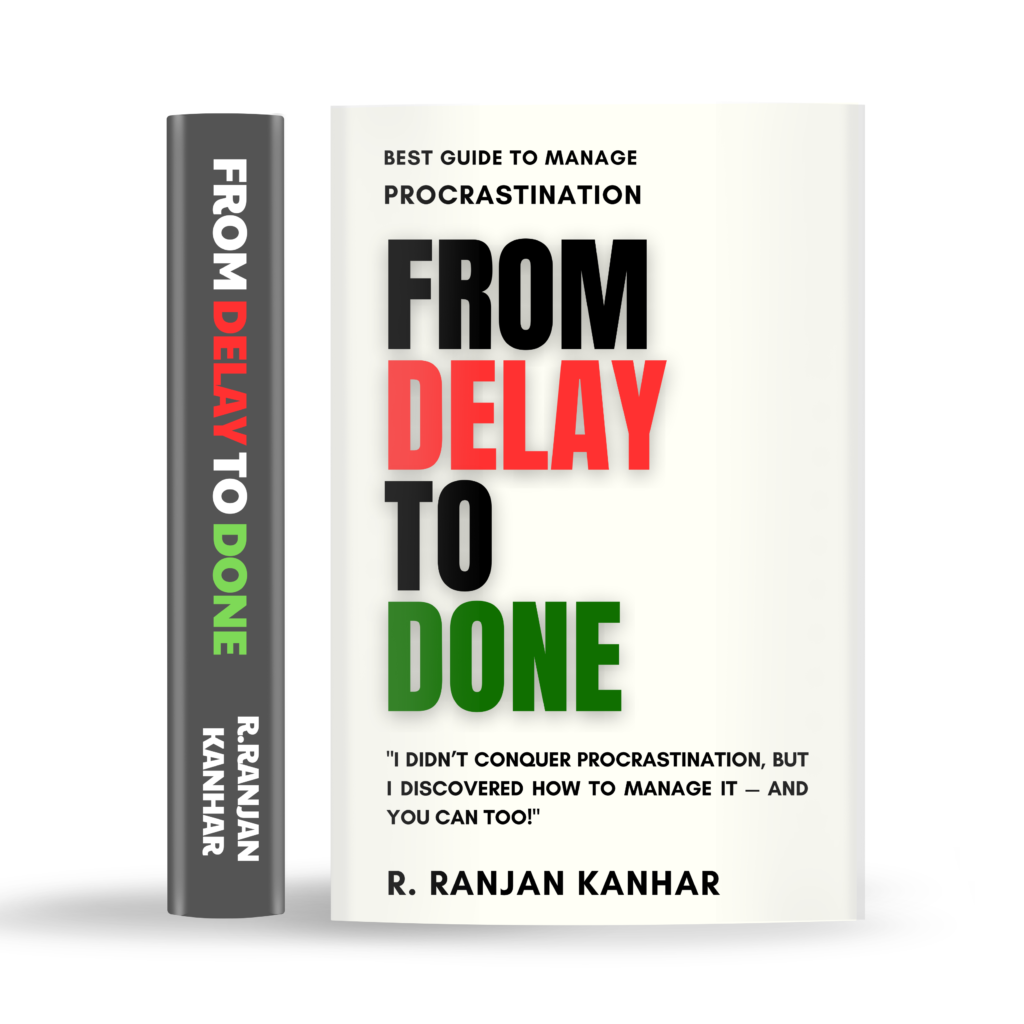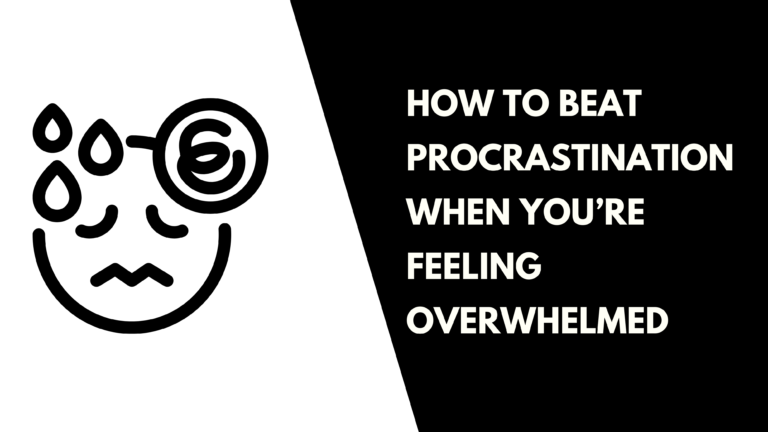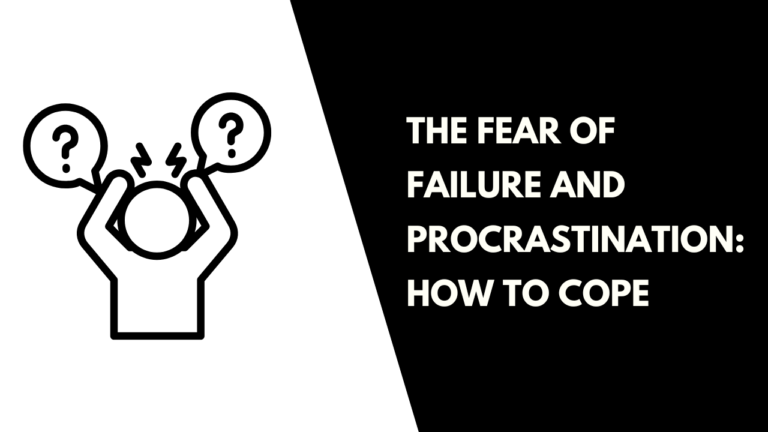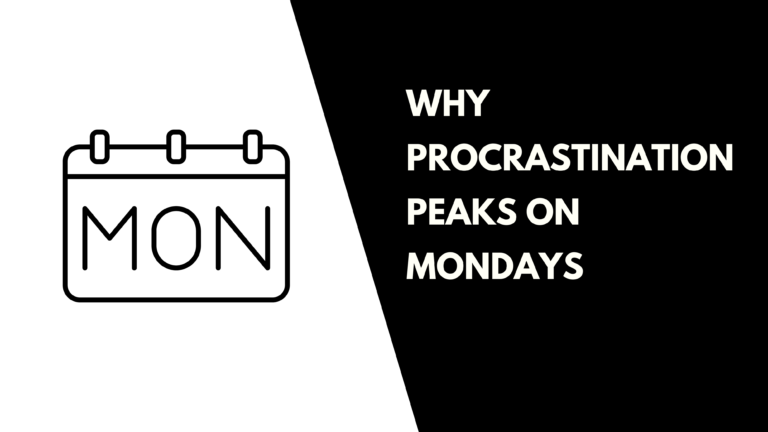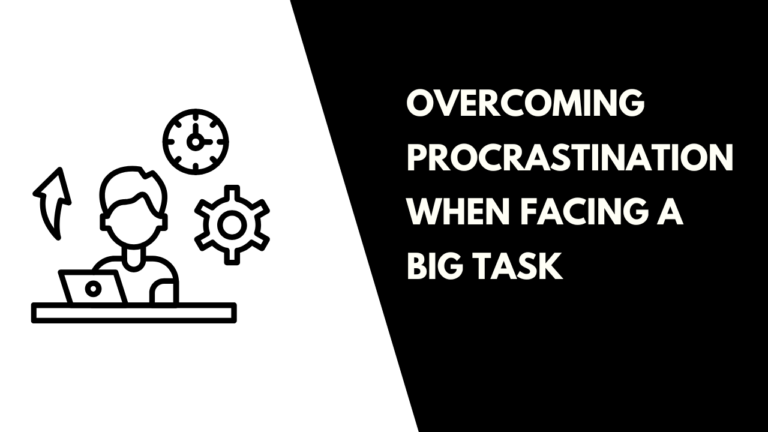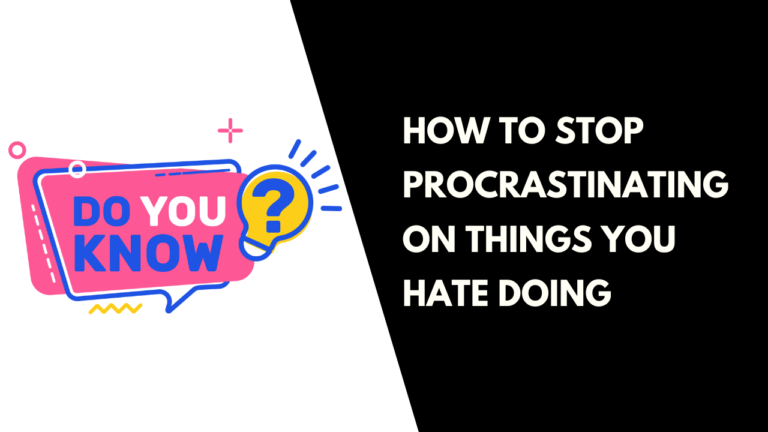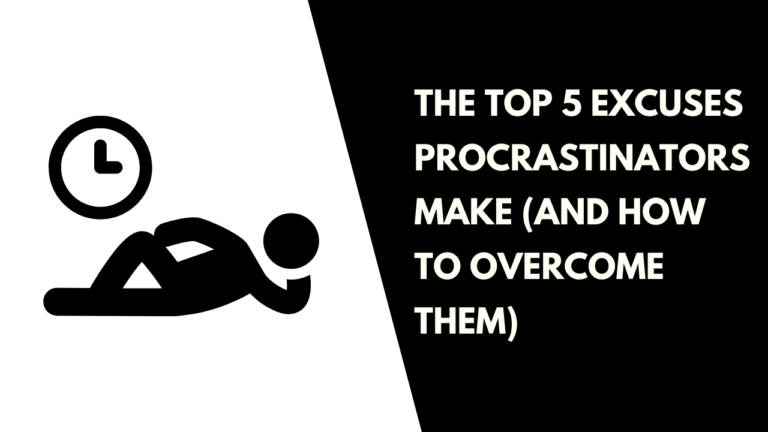Why We Procrastinate and How to Stop Procrastinate
Why We Procrastinate and How to Stop Procrastinate
Introduction
The Procrastination Puzzle
Begin with a relatable anecdote or situation, such as putting off a project until the last minute or avoiding an important task. Explain how procrastination affects most people at some point and why it can be a challenging habit to break.
Example: Imagine a student who avoids starting a research paper by binge-watching a series, promising themselves they’ll start “tomorrow.” The “tomorrow” keeps getting postponed, and panic only sets in close to the deadline.
Table of Contents
ToggleWhy Understanding Procrastination Matters
Discuss why it’s essential to recognize procrastination as more than just laziness. Explain how understanding its causes empowers people to make meaningful changes.
Key point: Procrastination is often linked to deeper issues like fear of failure, perfectionism, or a lack of motivation.
The Psychology Behind Procrastination
What Is Procrastination?
Define procrastination in simple terms. It’s the act of delaying important tasks in favor of less urgent, more enjoyable ones. Distinguish between procrastination and taking breaks, emphasizing that the former disrupts productivity.
Types of Procrastination
- Passive Procrastination: Occurs when indecision prevents action.
Example: A person might delay choosing between two similar tasks, unsure of which to prioritize. - Active Procrastination: Delaying intentionally but still managing to complete tasks under pressure.
Example: A writer may put off starting an article, knowing they work better with a looming deadline.
Root Causes of Procrastination
- Fear of Failure: Explain how worrying about not doing a task well can lead to avoidance.
Example: A perfectionist may delay a presentation because they fear it won’t be flawless. - Perfectionism: Discuss how striving for perfection can paralyze action.
Example: An artist might hesitate to start a painting because they believe it won’t meet their high standards. - Lack of Motivation: Highlight how unclear goals or no immediate rewards make tasks feel unappealing.
Example: A person might delay exercising because the benefits seem too distant compared to the effort required.
The Consequences of Procrastination
Impact on Mental Health
Explain how procrastination can lead to guilt, stress, and a sense of inadequacy. Chronic procrastinators often feel trapped in a cycle of failure and disappointment.
Professional and Personal Life Consequences
Describe how procrastination can affect relationships, careers, and personal growth. Missed deadlines and incomplete goals can damage trust and reputation.
Example: A freelancer who habitually misses deadlines may lose clients, affecting both income and confidence.
How to Stop Procrastinate: 10 Practical Tips
Break Tasks into Smaller Steps
Show how dividing tasks into smaller, manageable chunks can make them less overwhelming.
Example: Instead of “write a book,” focus on smaller tasks like “write the introduction” or “draft the first chapter.”
Use the Two-Minute Rule
Encourage starting tasks that take less than two minutes. It’s an effective way to build momentum.
Example: Replying to an email or tidying a desk are small wins that pave the way for bigger tasks.
Set Clear and Achievable Goals
Explain how specific goals are easier to work toward.
Example: Instead of saying “I need to study,” say “I will review Chapter 3 of the math textbook for 30 minutes.”
Prioritize Your Tasks
Introduce tools like the Eisenhower Matrix to help categorize tasks by urgency and importance.
Example: Tasks in the “urgent and important” category should be done first, like meeting a project deadline.
Leverage Time Management Techniques
Discuss strategies like the Pomodoro Technique, where work is broken into 25-minute intervals followed by a 5-minute break.
Example: A programmer can focus on writing code for 25 minutes, then take a short walk before resuming.
Create a Distraction-Free Environment
Highlight the importance of a workspace free from distractions like social media or noisy surroundings.
Example: Turning off notifications and using noise-canceling headphones can significantly boost focus.
Use Positive Reinforcement
Encourage rewarding yourself for completing tasks.
Example: After finishing a report, treat yourself to a favorite snack or 15 minutes of leisure time.
Embrace Imperfection
Stress that progress is more important than perfection.
Example: A beginner learning to play the guitar should focus on practicing daily rather than mastering songs immediately.
Develop a Routine
Show how consistent habits make starting tasks easier.
Example: Waking up and exercising at the same time every day turns effort into a routine.
Seek Support and Accountability
Explain how sharing goals with a friend or joining a productivity group can motivate action.
Example: A study group where members check in daily can help students stay on track.
The Science of Motivation and Procrastination
Dopamine and Reward Systems
Discuss how dopamine, the brain’s “feel-good” chemical, drives motivation. Create small rewards to stimulate this process.
Example: Checking off items on a to-do list can release dopamine, encouraging more action.
Habit Formation and Consistency
Explain how repeating behaviors creates neural pathways, making actions automatic over time.
Example: Setting aside 10 minutes daily to read will eventually become a habit.
Tools and Resources to Combat Procrastination
Apps and Tools
Introduce apps like Trello for task management, Focus@Will for concentration, and Freedom to block distractions.
Example: A writer can use Trello to organize articles by deadlines and topics.
Books and Guides
Recommend resources like Atomic Habits by James Clear for actionable tips on breaking procrastination cycles.
Example: The book teaches readers how to build good habits by starting with tiny, manageable steps.
Conclusion
Embrace Progress Over Perfection
Summarize the key takeaway: Procrastination can be overcome by taking small, consistent steps and focusing on progress, not perfection.
FAQs
Why do we procrastinate even when it’s harmful?
Fear, perfectionism, and lack of motivation trick our brains into avoiding tasks, even when we know the consequences.
Can procrastination ever be beneficial?
Active procrastination, where delay leads to creative problem-solving, can sometimes be helpful.
How long does it take to break the habit of procrastination?
Building new habits takes 21–66 days on average, depending on consistency.
What are some quick fixes for procrastination?
The Two-Minute Rule and using time-blocking methods are great quick fixes.
How can I help someone who struggles with procrastination?
Support them by offering encouragement, helping them break tasks into smaller steps, and holding them accountable.
By addressing procrastination with practical solutions and psychological insights, anyone can learn to stop procrastinate and lead a more productive life.
“Stop postponing your dreams! From Delay to Done is your ultimate guide to conquering procrastination. Grab your copy today on Amazon!
